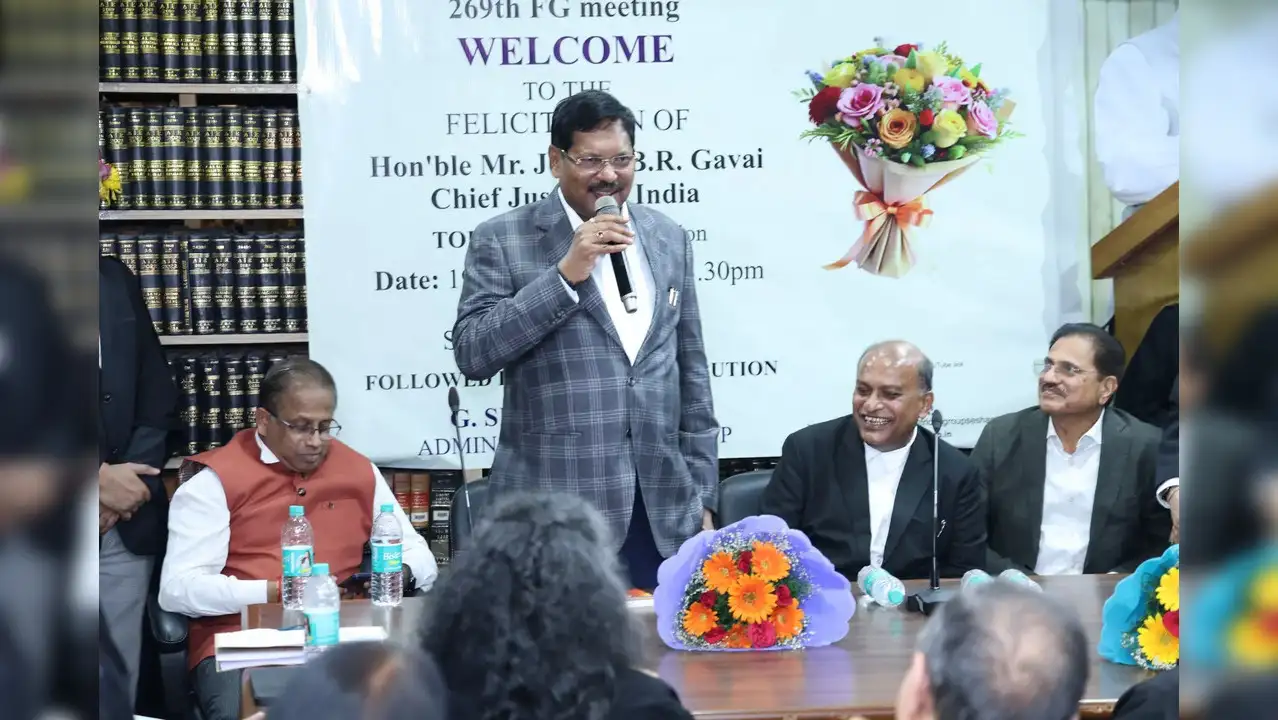
HARRISBURG — As the state budget impasse continues into its third month, top leaders seem to be growing farther apart on how to move past the standoff holding up billions in state funding from Pennsylvania schools, counties, and service providers.
Gov. Josh Shapiro appears increasingly frustrated. It is up to state Senate Republicans, he insists, to return to Harrisburg and pass a budget that could then pass the narrow Democratic majority in the state House. Now, to prevent future impasses, he says he’d support proposals to withhold salaries from lawmakers during a standoff.
“Your one job is to pass a budget. Pass it,” Shapiro said at an unrelated news conference Tuesday.
For Senate Republican leader President Pro Tempore Kim Ward (R., Westmoreland), the impasse could be resolved if Democrats in the state House amend a $47.6 billion budget spending bill the Senate sent them in August — an exact copy of the prior fiscal year’s budget — with their own spending proposal to bring the closed-door budget negotiations into the public.
“Amend it. Do whatever you want. Let’s bring it out in the public,” Ward said in an interview Tuesday.
» READ MORE: Pennsylvania could be on the cusp of a ‘double-whammy’ of government dysfunction
State budget negotiations between top leaders have stagnated in recent weeks, even after Democrats set aside their priority to find a recurring funding source for mass transit agencies like SEPTA, in hopes of finding compromise.
Senate Republicans want to limit spending in this year’s budget to avoid future tax increases, as the state is on track to spend more than it brings in this year and beyond. House Democrats and Shapiro maintain that the state should invest some of its nearly $8 billion in emergency reserves back into the state while also creating new revenue streams, such as recreational marijuana or the taxation and regulation of slot machine-lookalikes called skill games.
“This isn’t just a piggly little fight, and it’s not political. It truly matters,” Ward said. “These are real tax increases at stake.”
All the while, school districts, counties and nonprofits that provide critical services for local governments have been forced to take out loans to keep operating without state funding. Some counties and nonprofits have frozen spending and furloughed staff.
» READ MORE: Pennsylvania’s state budget is nearly 3 months late. Leaders still can’t agree on the basics.
A coalition of service providers across Pennsylvania, such as the Pennsylvania State Alliance of YMCAs and the United Way of Pennsylvania, sent a letter to Shapiro and the General Assembly last week noting that 80% of community-based organizations they surveyed across the state’s 67 counties would run out of contingency funds by October.
“Every dollar that has to be spent for interest on lines of credit to keep services open, and interest dollars lost by tapping reserves to fill the gap of Commonwealth dollars, is wasted resource,” the Coalition of Critical Service Providers wrote. “The longer this continues, the deeper the damage will become, damage that cannot be quickly undone.”
In the meantime, Ward and Senate Appropriations Chair Scott Martin (R., Lancaster) believe that counties and early education programs should access a $500 million loan program from Treasurer Stacy Garrity, who is also the state GOP-endorsed candidate governor. The two lawmakers are leading the charge to forgive any interest they accrue on these loans, and they announced their intention to introduce legislation to do so on Tuesday.
“We keep thinking this is going to get done in a week, and it doesn’t,” Ward said. “These places continue to suffer.”
» READ MORE: Josh Shapiro’s GOP opponent Stacy Garrity steps in to offer counties $500 million in loans as Pa. budget remains at an impasse
Ward, who is supporting Garrity’s run for governor, said the treasurer plans to expand the loan program to rape crisis centers. Ward would support Garrity if she extends the loan program to school districts, she added, and applauded Garrity’s “proactive approach” to limit harm to critical services.
Ward is not the main negotiator at the table with Shapiro. The budget is largely negotiated in private by Shapiro, House Majority Leader Matt Bradford (D., Montgomery) Senate Majority Leader Joe Pittman (R., Indiana) and their staff.
Leaders, including Shapiro on Tuesday, continue to say that negotiations are ongoing and they have narrowed their disagreements. However, they still have yet to agree on how much the state should spend.
The state House returned to legislative session on Monday. Both the House and Senate will return to session next week, and insiders hope that both chambers finally working in Harrisburg again will expedite budget talks.
Shapiro said Tuesday that he would sign a bill, if it is put before him, that would withhold pay for lawmakers during a budget impasse.
Unlike during a federal shutdown — like the impending one expected to begin in the early hours of Wednesday — state lawmakers and employees continue to be paid during a budget impasse, following a state appellate court ruling. Budget impasses have become common in the years since and depending on the length, usually have little impact on state residents.
A handful of state representatives from both partieshave voluntarily suspended their pay during this year’s budget impasse. And a bipartisan group of state House members have sponsored a bill to suspend pay for legislators, the governor, and the lieutenant governor until they pass a state budget, which is similar to the proposals Shapiro said he would support. The bill, like the state budget, would need approval from the House and Senate before Shapiro could approve it.
“They’ve got to do their jobs. They shouldn’t be in a position where they get their benefits, while people in Pennsylvania don’t get what is owed to them,” Shapiro said. “It’s time for them to come back to work and pass a budget.”



